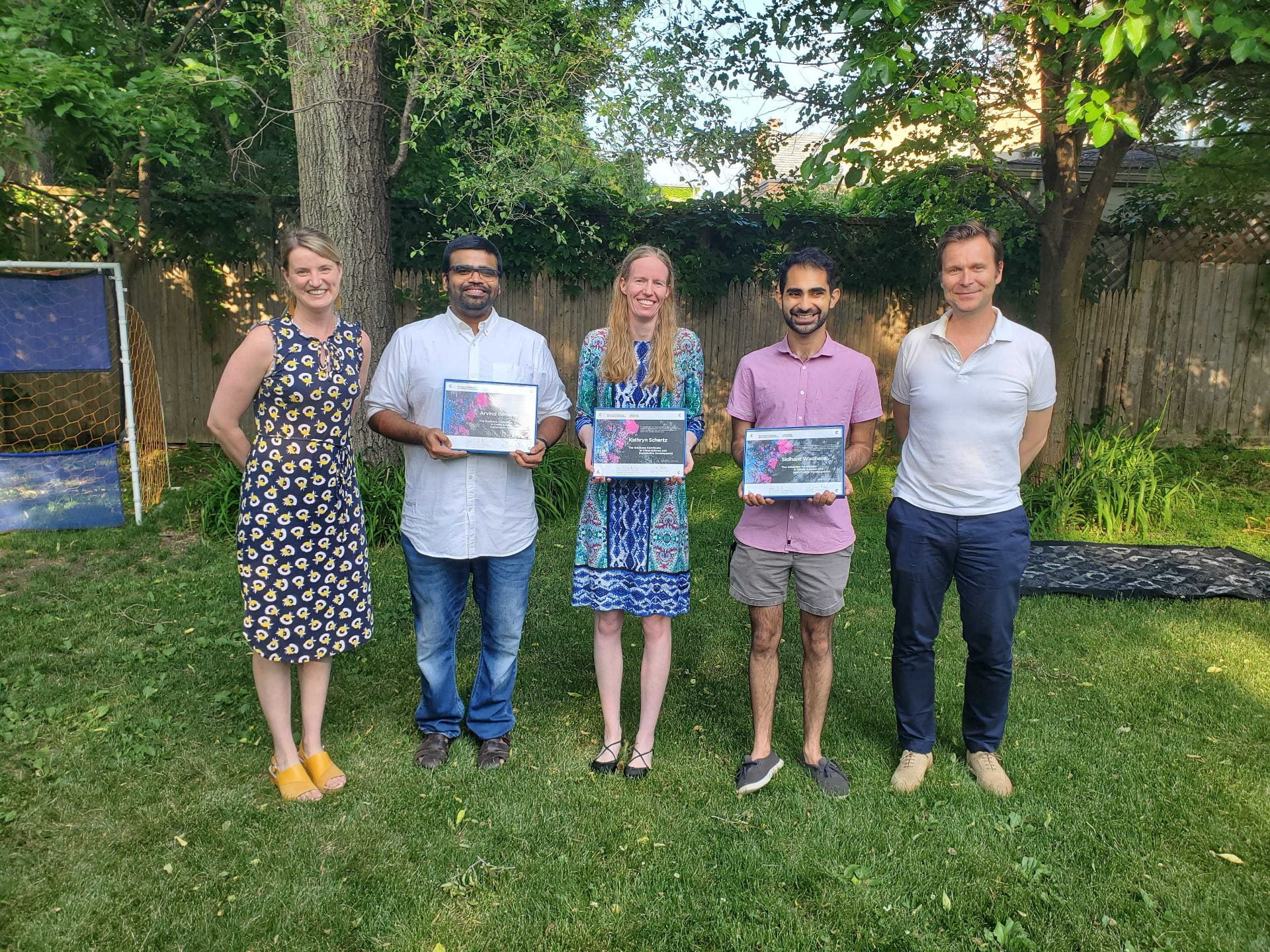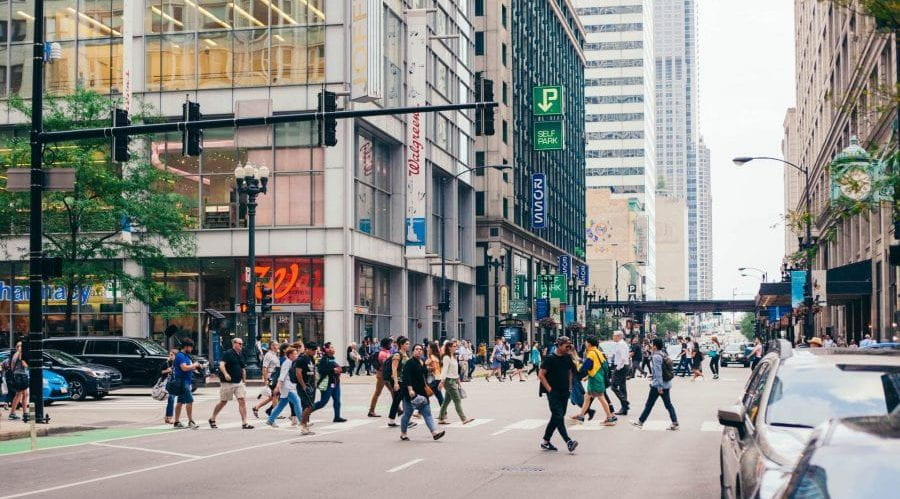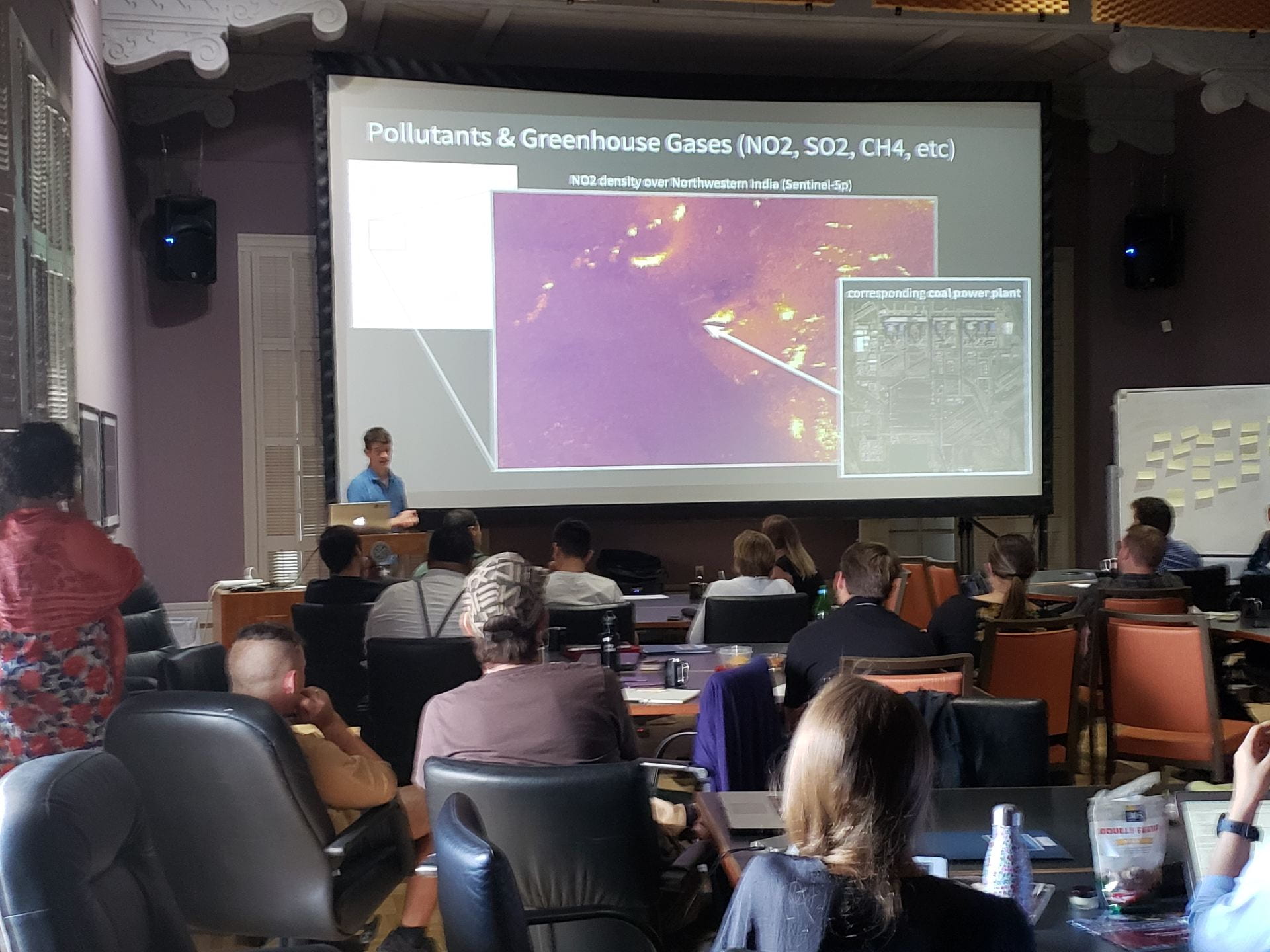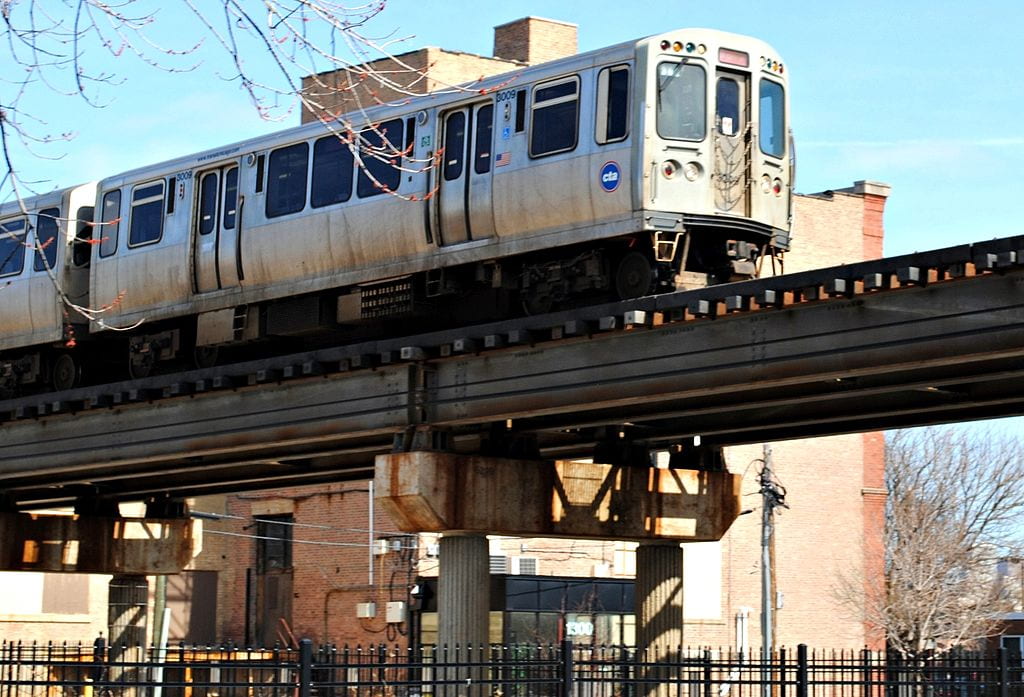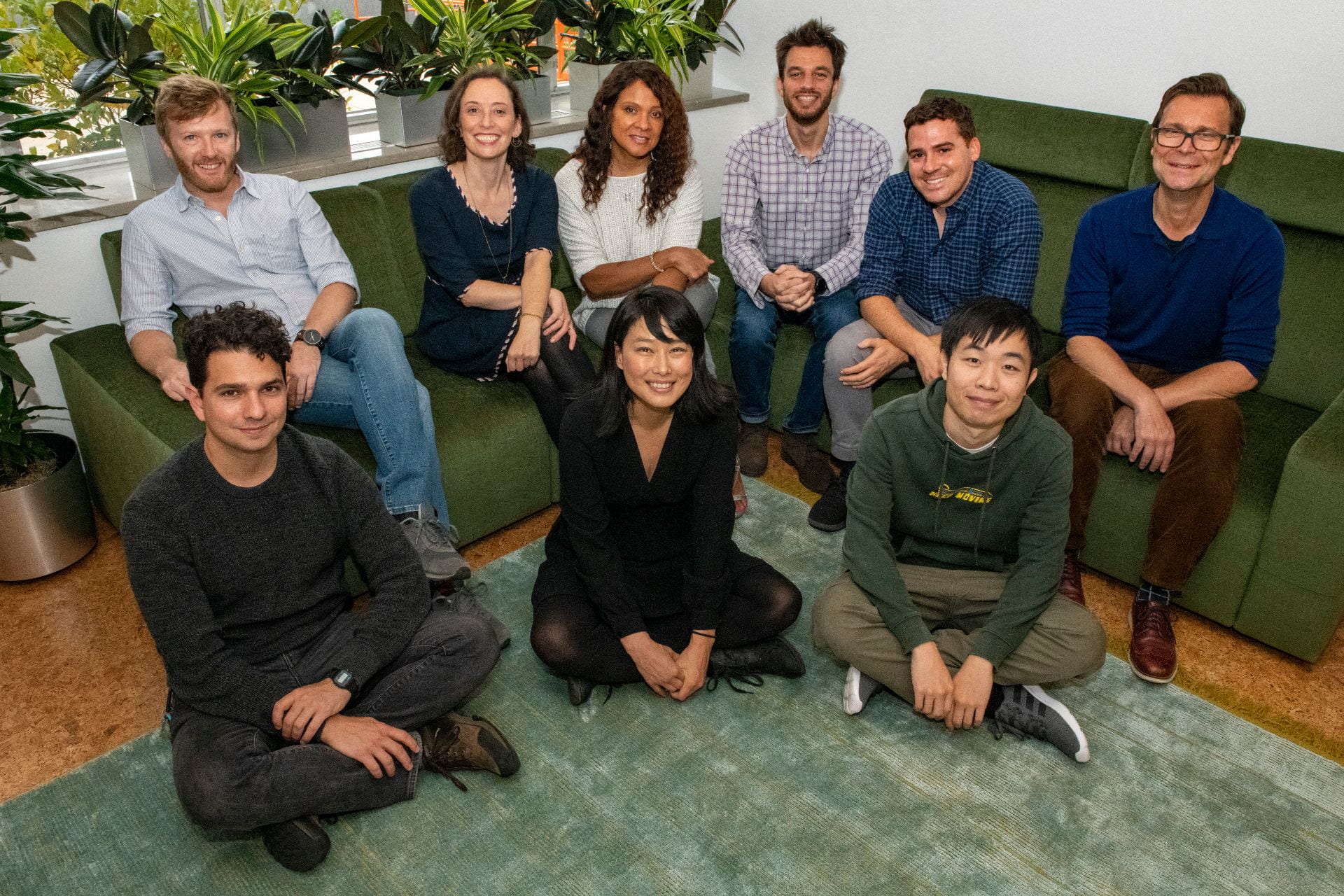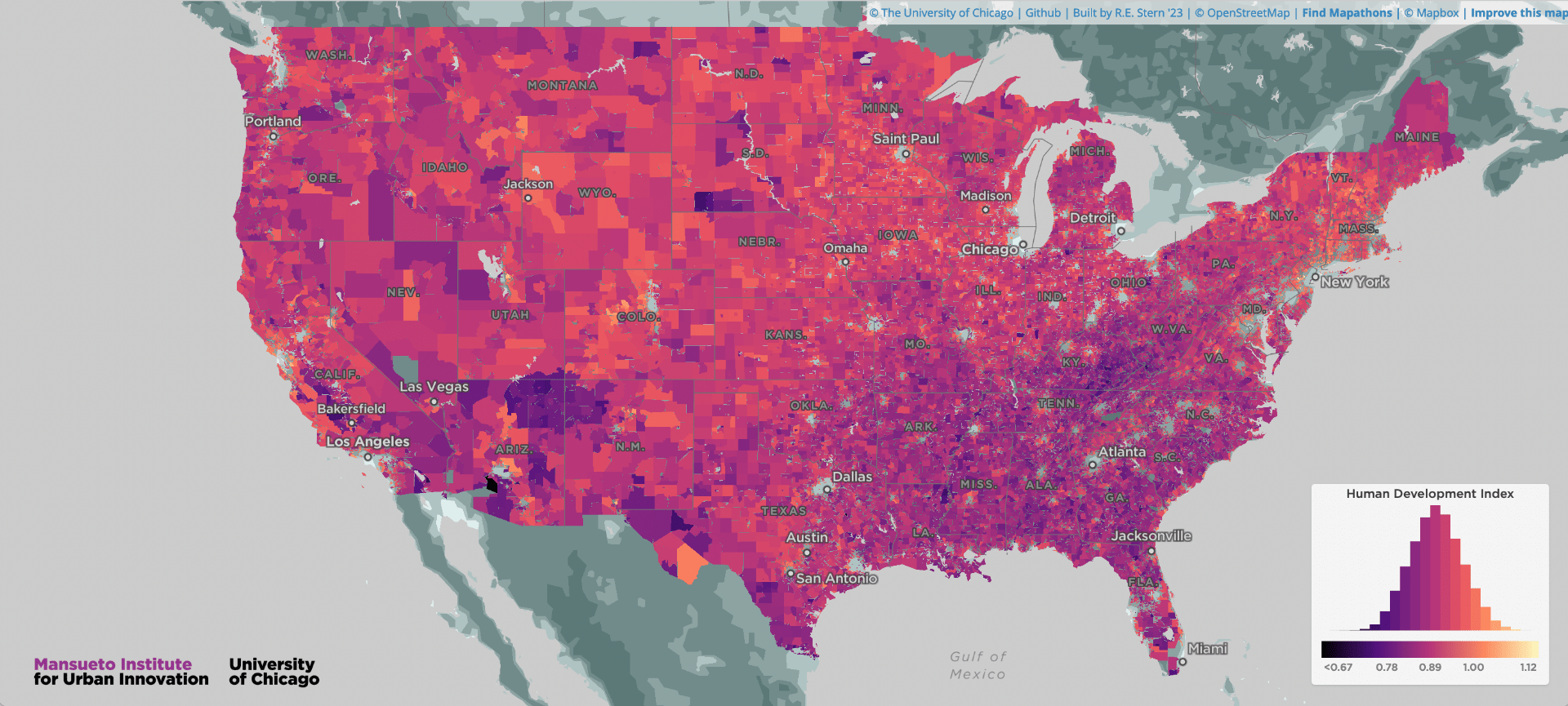2021 in Review, and Looking Forward
Dear Friends of the Mansueto Institute:
As 2021 draws to a close, we hope all of you—colleagues, students, and friends—are well and wish you a good start to your holiday season.
Although the past year proved cities are not doomed, they, and a cosmopolitan urban world, face enormous uncertainty and change. During volatile times, we need structures of thought that can help us approach challenges armed with scientific understanding, sound analysis, and clarity—the type of knowledge that offers evidence-based alternatives to doomsaying, utopian thinking, or political expediency.
At the Mansueto Institute for Urban Innovation we develop frameworks for thinking and action based on studying the realities of urban areas through interdisciplinary scientific processes. In our fourth year as an Institute, we continued to accumulate a body of rigorous knowledge about cities and urbanization, train the next generation of urban scholars, and build a transformative network of partnerships around urban research and innovation.
It is a tradition at the end-of-year to share some of our most salient accomplishments:
We finally settled this summer into our renovated space at 1155 E. 60th Street, while operating on a hybrid office-based and remote model for research and events.
We continued to grow educational programs and the University’s urban curriculum, which are increasingly in high demand among our undergraduate and graduate students. This includes the Certificate in Urban Science and Sustainable Development for graduate students, and the Major and Minor in Environmental and Urban Studies, led by our partners at the College’s Program on Global Environment. It also includes our EF Campus program, where student research assistants bring what they’ve learned in the classroom to advance the University’s sustainability goals in collaboration with University faculty and facilities.
We deepened the discipline of urban science with a new foundational textbook and published research related to its core objectives, including human cognition in complex urban environments, human development in cities and neighborhoods, sustainability, and governance. We continued to develop better data visualization and analysis tools, like the Human Development Index of U.S. cities and neighborhoods and the Million Neighborhoods map of global urban settlements, and to host scholars from a wide range of disciplines to speak at our Colloquium series.
We were especially proud to receive external awards to help advance new research. This included a National Science Foundation grant through the Civic Innovation Challenge, which supported work with the Brookings Institution and Metropolitan Planning Council to design indicators of travel inequity in Chicago.
As the saying goes, we do live in interesting times. Urban environments are at the center of it all, from pandemics to climate change and from challenges of governance to equity. Cities have coped and transcended challenges and uncertainty again and again throughout history. Thanks to progress in urban science, we can learn collectively from processes of change; help people and cities navigate an uncertain, connected, and complex world; and together build more resilient and sustainable futures.
Thank you for our work together, and I look forward to continued partnerships in the year ahead.
Wishing you a happy and healthy New Year,
Luís M.A. Bettencourt
Inaugural Director, Mansueto Institute for Urban Innovation
Professor of Ecology & Evolution and the College
Associate Faculty, Department of Sociology
University of Chicago
2021 Accomplishments
To look back on our progress, and to help us look ahead, we’ve come up with a full list of our accomplishments and activities in 2021.
Scholarship & Practice
- 10 published papers by members of our community, including:
- “Evidence and theory for lower rates of depression in larger U.S. urban areas” PNAS
- “Creatures of the state? Metropolitan counties compensated for state inaction in initial U.S. response to COVID-19 pandemic” PLOS One
- “Estimating rooftop solar potential in urban environments: A generalized approach and assessment of the Galápagos Islands” Frontiers in Sustainable Cities
- “Life between the city and the village: Scaling analysis of service access in Indian urban slums” World Development
- “Urbanization in and for the Anthropocene” NPJ Urban Sustainability
- 23 events held, including 4 hybrid in-person and online Mansueto Colloquium in the fall and 3 events for this year’s Urban October, hosted in partnership with UN-Habitat and the UChicago Urban Network
- 1 textbook Introduction to Urban Science: Evidence and Theory of Cities as Complex Systems (MIT Press) published
- Participated in advances on campus environmental sustainability through the Environmental Frontiers initiative and partner efforts:
- 17 undergraduate students worked through EFCampus with faculty and staff to advance UChicago’s sustainability goals
- Contributed to UChicago’s greenhouse gas reduction planning process
- Supported formation of UChicago ECo, a community of faculty, students, and staff engaged in environmental research and sustainability
- Reported results on the Human Development Index in the United States, providing a model for a consistent measure of human development at the neighborhood level
- Media coverage of faculty research and insights, including:
- “It Turns Out Big City Life Isn’t Making You Depressed” Bloomberg
- “Green Spaces Aren’t Just for Nature – They Boost Our Mental Health Too” New Scientist
- “Spatial Heterogeneity on the News” NBC’s Meet the Press via U.S. COVID Atlas Medium
- “How Climate Change Impacts US and Global Migration” WTTW
- “UChicago Focuses on the Future of Cities in a Post-COVID-19 World” WTTW’s Chicago Tonight
- “How the UN Aims to Save Humanity” UChicago Big Brains podcast
Our Communities
- 3 new Institute Postdoctoral Fellows joined from across the disciplines of architecture, criminology, geography, sociology, and urban planning, to build a deep scientific understanding of processes of urbanization and develop cross-disciplinary methods and practice; there are now 8 alumni of the program
- 5 Master’s and PhD students awarded the first-ever Certificate in Urban Science and Sustainable Development in Spring, and 12 new students joined the second cohort
- 10 PhD students began the yearlong Urban Doctoral Fellows program to further their research on urban issues; there are now 80 alumni of the program
- 10 Kreisman Graduate Fellows began as part of our fourth class of emerging leaders in housing scholarship and practice; there are now 27 alumni of the program
- 8 EFCampus Undergraduate Research Assistants are working with faculty and staff on targeted research and interventions for a more sustainable UChicago; there are now 17 alumni of the program
- 83 undergraduate students began the College’s major or minor in Environmental and Urban Studies, which is run through the Program on the Global Environment
- 2 new staff members joined the Mansueto Institute team, Event Specialist Aimee Giles and (part-time) Content Specialist Elaine Meyer
- 6 Urban Research Corps members supported data-intensive projects to develop insights into urbanization patterns, including expanding the Human Development index and Million Neighborhoods map, as well as analyzing the social and economic effects of COVID-19 using U.S. Census Household Pulse Survey data.
- Collaborated with our faculty advisory council across the University representing the social, natural, and computational sciences as well as the humanities on interdisciplinary urban curriculum and research partnerships
- 80+ members in the Trauma Interest Working Group from across the social and medical sciences shared knowledge about trauma-informed practices and care and organized five events in their “Schools, Stress and the Pandemic” series

